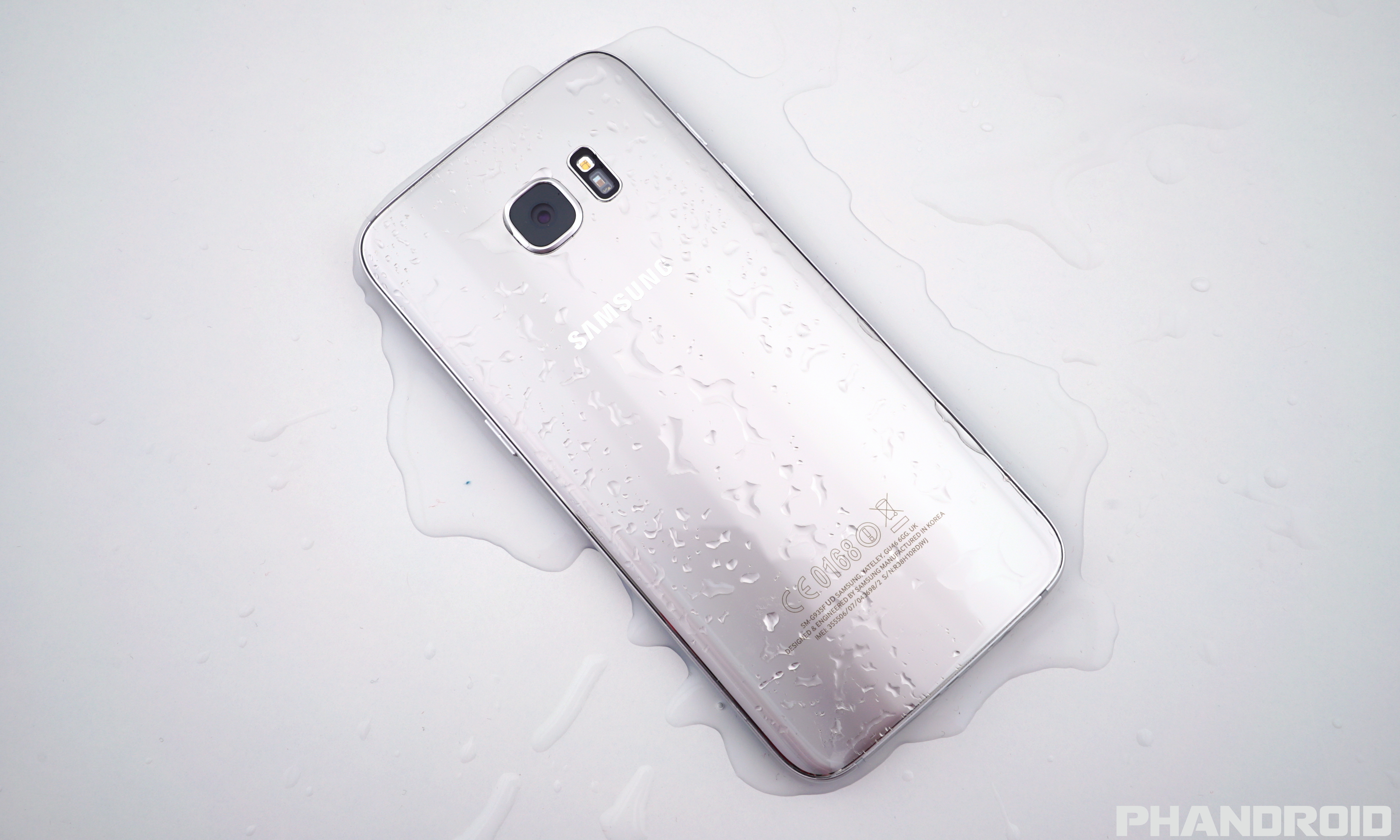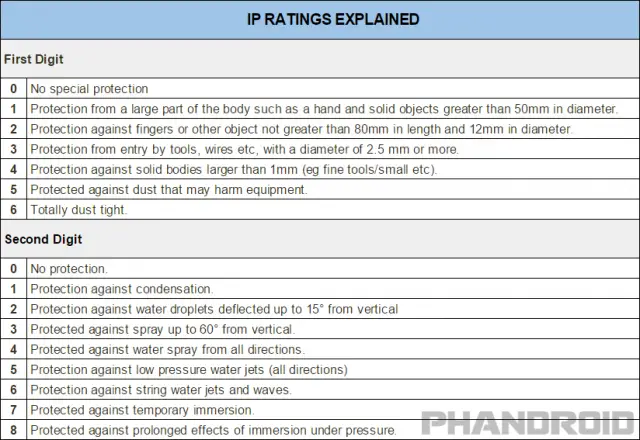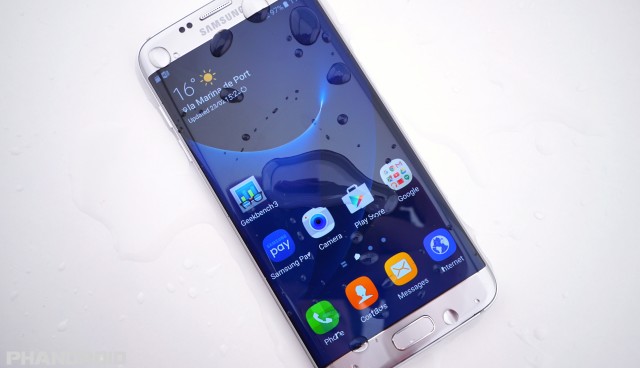One of the big features Samsung announced for the Samsung Galaxy S7 and Samsung Galaxy S7 Edge was an IP68 waterproof and dust resistance rating. But what, exactly, does “IP68” mean? How much water and dust can it handle? That’s what we’re going to explain to you right here.
What “IP” means
IP stands for Ingress Protection. Ingress Protection is an international standard recognized by many different countries to denote a device’s durability to external elements like dust, debris and water. Ratings are usually listed with IP as a prefix and the protection rating as the suffix. In the case of the Samsung Galaxy S7 and S7 Edge, that’s IP68.
How is the IP number determined?
The IP standard uses a very simple system for listing a rating. The first number corresponds to its ability to block dust from entering a device, while the second number corresponds to its ability to block water. Put them together, and you have your rating!
What does IP68 on the Galaxy S7 mean?
The general idea is that the higher the number, the better. 6 is the highest number you can score for dust, while 8 is the highest number available for water. What that means for IP68 on the Samsung Galaxy S7 is that it’s completely protected against dust, and it can be submerged in up to 3 meters of water for prolonged periods of time (usually up to 30 minutes). Here’s a full list of what each number means for each aspect:
There are some exceptions where manufacturers may list a device as being IP6X, with the X simply meaning it hasn’t been rated for water resistance or has 0 water resistance. Regardless, you can see how simple it is to tell the exact resistance capabilities of the Samsung Galaxy S7 (or any smartphone) by simply looking at the numbers.
Can I use my Samsung Galaxy S7 in the water?
While the IP68 rating on the Samsung Galaxy S7 means it can be fully submerged in water, most companies will often recommend you don’t. Water resistance is most often advertised for situations where water is unavoidable, like using your phone in the rain or accidentally dropping it in the toilet.
It’s also worth noting that these ratings don’t account for situations where water or the device is actively moving, such as a faucet running over it. The IP rating only applies in situations where the phone is submerged in still water and not moving.
While it may be possible to use it recreationally — such as filming friends and family in a swimming pool — you should always try to shield it from the elements as best as you can. There’s always the chance that the phone lets water in even if it has a proper rating.
Galaxy S7 Tips and Tricks | Discuss more about the Galaxy S7 at Android Forums




